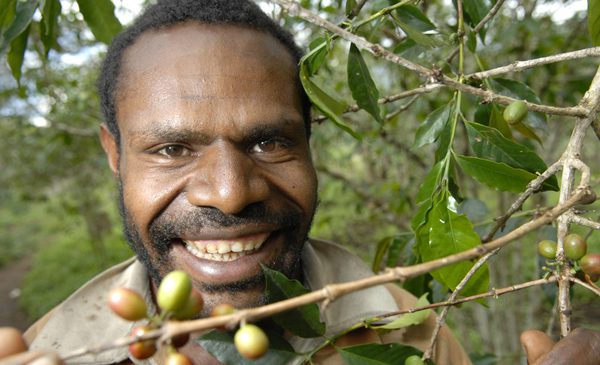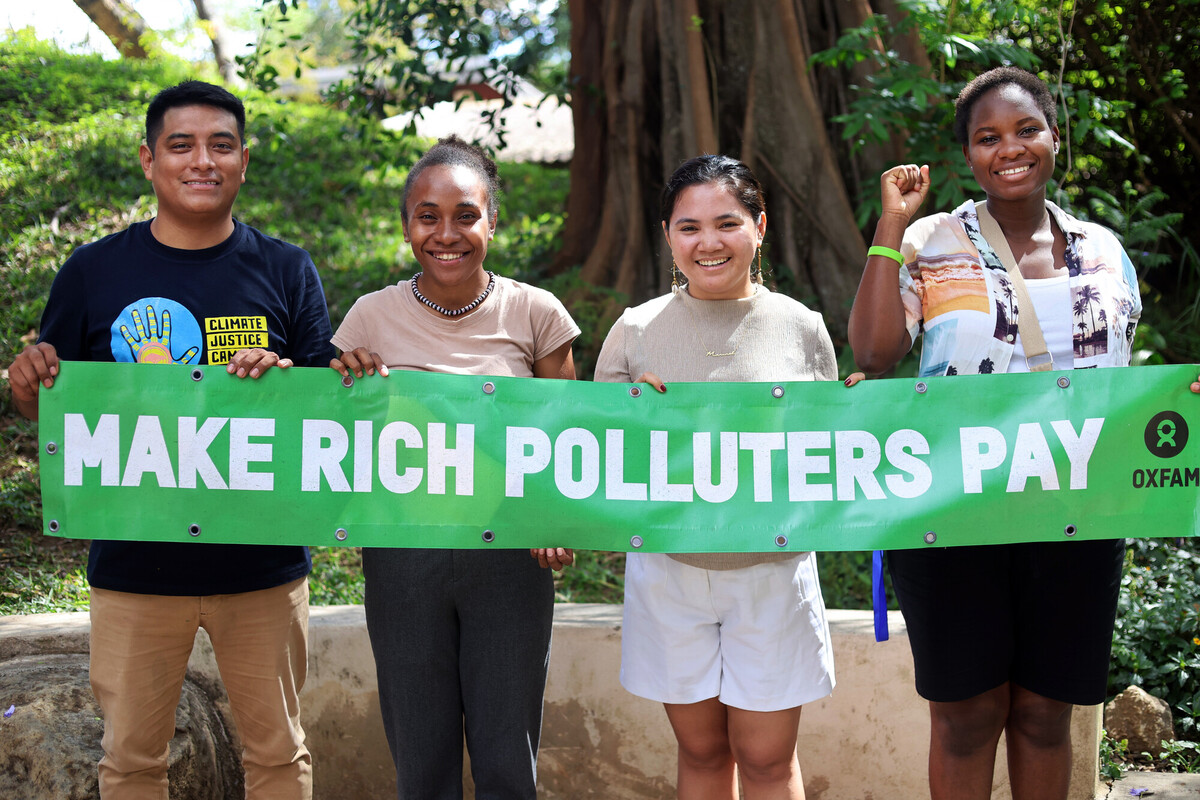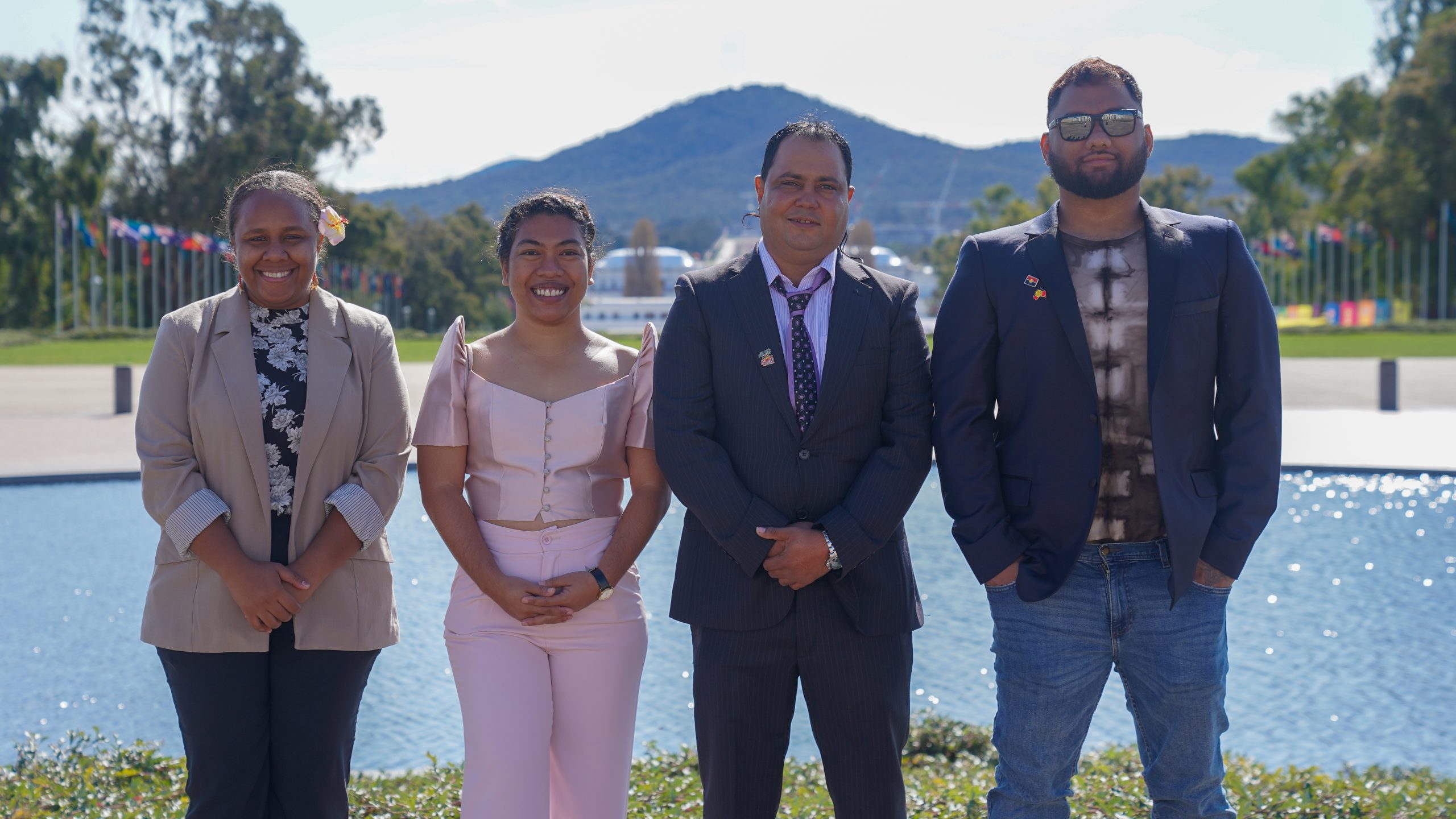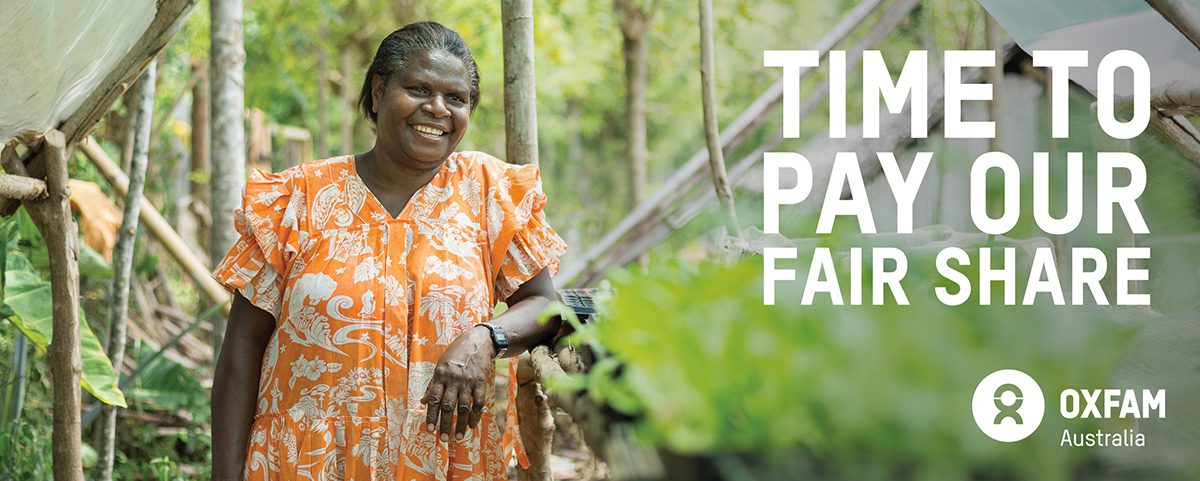Today, we have a guest post by one of Oxfam’s volunteers – Roselina Press.
Considering that the American Starbucks Corporation is the world’s largest coffeehouse chain, and is also arguably one of the country’s most recognisable companies, it’s hard to imagine that only a few decades ago, Americans had little interest in drinking coffee.
According to a three-part series on the history of coffee by Krystal D’Costa, who authors the blog, Anthropology in Practice, even as late as the 1980s, coffee drinking in America was on the decline. Young people didn’t like the taste of it, and twenty-somethings, who were the most influential generation in the US market at the time, drank beverages like Coca Cola and Fanta instead. They didn’t want coffee. They associated coffee drinking with their ageing parents and grandparents. Frankly, drinking coffee just wasn’t cool.
How times have changed. As D’Costa explains, a US marketing firm, desperate to revive the failing American coffee industry, resuscitated the coffee bean back to life, rebranding it with a new image and refined taste. Marketers appealed to young consumers by personalising coffee choices, introducing speciality and flavoured coffees. Consumers loved it, and quickly became caffeine addicts like many of us are today.
In the last 30 odd years we’ve seen the rapid rise of coffee culture. Many people today – myself included – can’t go a day without their caffeine hit. But I wonder if coffee is currently in the process of another consumer-driven transformation. I’m talking about of course, the rise of Fairtrade coffee.
Fairtrade coffee is much more popular these days. Even Starbucks advocates using ethical beans. The Fairtrade market is currently small, but it’s growing quickly as more consumers are choosing Fairtrade coffee as their drink of choice. Why? My guess is, Fairtrade appeals to consumers not just for its obvious benefits to human rights, but because it’s a brand with positive associations. It feels good to drink Fairtrade, and for that reason, Fairtrade coffee is becoming kinda cool. Might Fairtrade be the next coffee revolution?
Check out Krystal D’Costa’s fascinating three part series on the life and times of the humble coffee bean!
- Manufacturing The Coffee Culture
- A Trail of Coffee Beans
- Driven by Coffee: Creating a Culture of Productivity
Pic: A fairtrade, organic coffee producer from Mangle Village, Kup District, Papua New Guinea – © Jerry Galea/OxfamAUS



